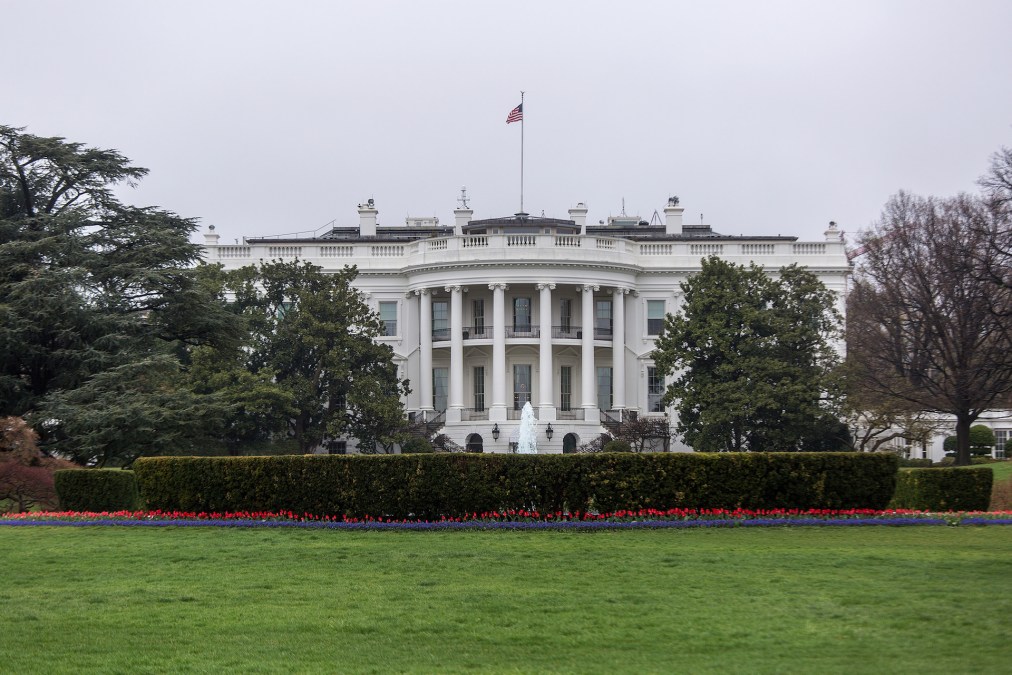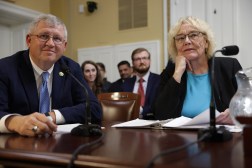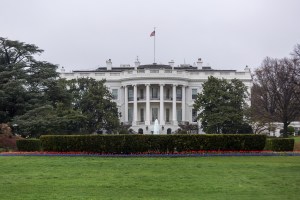Moving quantum committee under White House authority expected to improve inter-agency coordination

Placing the National Quantum Initiative Advisory Committee under White House authority will ensure coordination between agencies as the U.S. attempts to assert its global leadership in quantum information science, according to industry leaders.
Speaking to FedScoop, Duncan Jones, head of cybersecurity at Quantinuum, a company specializing in quantum software and computing, said that having the committee under White House authority suggested the Biden administration was “very focused” on taking practical steps to ensure a quantum-safe future for industry and government.
He added: “[I]t’s interesting to see the focus on skills and intellectual property (IP) protection and the general recognition that quantum technologies are critical to the future of the U.S., and therefore the IP and the talent needs to be retained as well.”
Michael Biercuk, CEO of Australian company Q-CTRL, a quantum control engineering company, described the White House announcement as an “exceptional step.” He said: “The elevation of a National Quantum Initiative Advisory Committee to the authority of the White House delivers high-level visibility and coordination that can ensure the potential of this field is realized.”
The committee, overhauled by executive order Wednesday, will consist of the Office of Science and Technology Policy director or their designee and 26 presidentially appointed members representing industry, academia and federal laboratories when making QIS recommendations.
Prior to the reorganization, members of the advisory committee were selected by the Secretary of Energy.
President Trump signed the National Quantum Initiative Act into law in December 2018 with the goal of spending $1.2 billion on a framework advancing QIS technologies, and the remade committee will provide the program with expert evidence, data and perspectives.
At the same time, the White House announced a national security memorandum requiring agencies to inventory their IT systems’ cryptography and set milestones for migrating to quantum-resistant cryptographic standards. The memo comes mere weeks after House lawmakers proposed a bill that would give agencies a year to begin their transitions, given fears foreign adversaries intend to use quantum computers a decade or more off to crack encrypted data they’ve already exfiltrated from U.S. systems — hack now, decrypt later.
Quantum skills are “quite specialist” right now, talent needing PhDs in the right topics, and with many large companies building quantum teams, there’s a scarcity of candidates, Jones said.
Jones added he was “pleasantly surprised” to see a “steady flow of leadership” on quantum right after the Quantum Cybersecurity Preparedness Act was proposed — particularly around quantum-resistant cryptography migration milestones.
“The time scales here are pretty tight in a good way,” he said. “This is what we need, this sort of from-the-top direction to action.”






